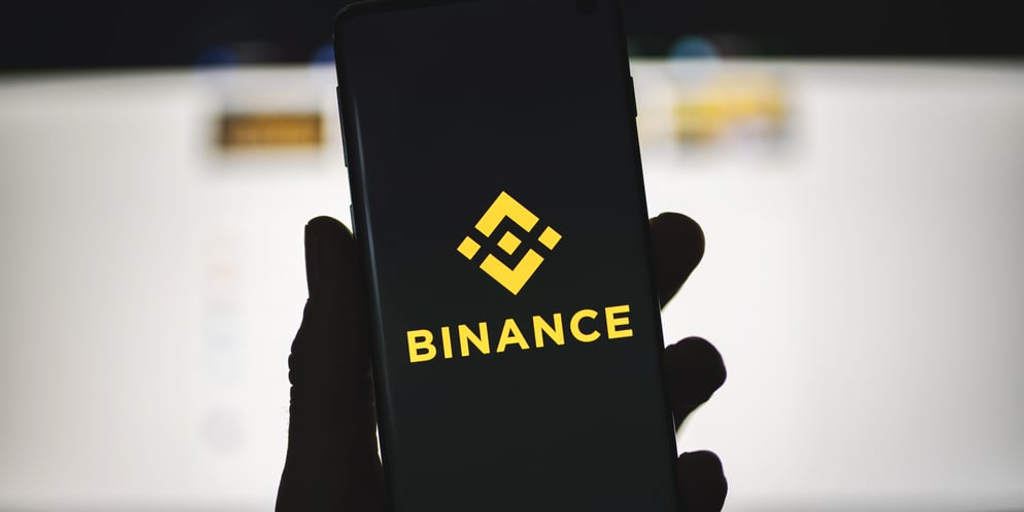[ad_1]

Crypto change Binance has added a “monitoring tag” to an inventory of cryptocurrencies together with privateness cash Monero (XMR), Zcash (ZEC), Horizen (ZEN) and Firo (FIRO).
In an announcement, Binance mentioned that tokens with the monitoring tag “exhibit notably increased volatility and dangers in comparison with different listed tokens,” and are “vulnerable to not assembly our itemizing standards” and being delisted from the change.
It added that tokens with the monitoring tag are topic to common evaluations. Standards thought-about throughout its evaluations embrace buying and selling quantity and liquidity, community stability and safety, and “contribution to a wholesome and sustainable crypto ecosystem,” in addition to “responsiveness to our periodic due diligence requests.”
In an effort to commerce tokens marked with the monitoring tag, customers are required to cross a quiz to make sure they’re “conscious of the dangers,” Binance mentioned in its announcement. Different providers referring to the tokens on the listing are unaffected, together with buying and selling.
Different tokens marked with the monitoring tag embrace Aragon (ANT), Keep3rV1 (KP3R), Mdex (MDX), MobileCoin (MOB), Reef (REEF) and Vai (VAI).
Firo co-founder Reuben Yap instructed Decrypt that the monitoring tag has been utilized to Firo and different privateness cash “on account of elevated regulatory stress, together with from MiCA, current initiatives from US regulators and compliance to Binance’s settlement with the US DoJ.”
He famous that the challenge has been “in lively discussions with Binance on this matter since September 2023,” and that its proposal to implement Trade Addresses, a instrument that it claims allows exchanges to take care of regulatory compliance whereas respecting consumer privateness, has been “acquired positively” by the change.
Decrypt has reached out to Binance for remark, and can replace this text ought to the change reply.
Binance and privateness cash
Cryptocurrencies like Bitcoin and Ethereum use pseudonymous pockets addresses; as a result of their ledger is public, if an tackle will be tied to the identification of a consumer, their transactions will be traced. Privateness cash are a sort of cryptocurrency that use cryptographic methods to defend figuring out info from transactions, enabling customers to transact anonymously.
Binance has grappled with itemizing privateness cash on its platform in some areas. In Might 2023, the change introduced that it will delist a number of privateness cash together with Monero, Zcash and Horizen in France, Italy, Poland and Spain, earlier than backtracking on quite a few the affected cryptocurrencies a month later.
Nevertheless, quite a few privateness cash together with Monero remained affected by the ban, with Binance noting that it’s “obliged” to stick to native laws requiring exchanges to “be capable to monitor transactions for cash listed on our platform.”
In September 2023, Binance introduced that it will prolong its delisting of privateness cash together with Monero, Horizen and Firo to Belgium.
Privateness cash have lengthy confronted scrutiny from U.S. regulators and legislation enforcement. Way back to 2020, the Inner Income Service (IRS) provided a reward for anybody in a position to break Monero’s privateness.
In a December 2020 discover of proposed rulemaking, the U.S. Monetary Crimes Enforcement Community (FinCEN) famous that “Anonymity-enhanced cryptocurrency” (AEC) protocols restrict investigators’ capability to “comply with transaction flows on their distributed public ledgers,” and had a “well-documented connection to illicit exercise.” The discover singled out Monero as a “sort of AEC.”
Binance’s choice to mark privateness cash with a monitoring tag comes because the change has opened its books to monitoring by U.S. monetary regulators and legislation enforcement, following its multi-billion-dollar settlement with U.S. regulator.
Underneath the phrases of its settlement, Binance is topic to intensive monitoring, together with complying with regulators’ “requests for info,” and retroactively submitting suspicious exercise studies (SARs) on transactions from 2018 to 2022, which will probably be made accessible to U.S. legislation enforcement companies. Former SEC legal professional John Reed Stark described Binance’s settlement with U.S. regulators as a “24/7, 365-days-a-year monetary colonoscopy.”
Keep on prime of crypto information, get each day updates in your inbox.
[ad_2]
Source link



